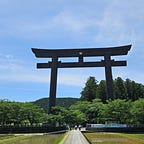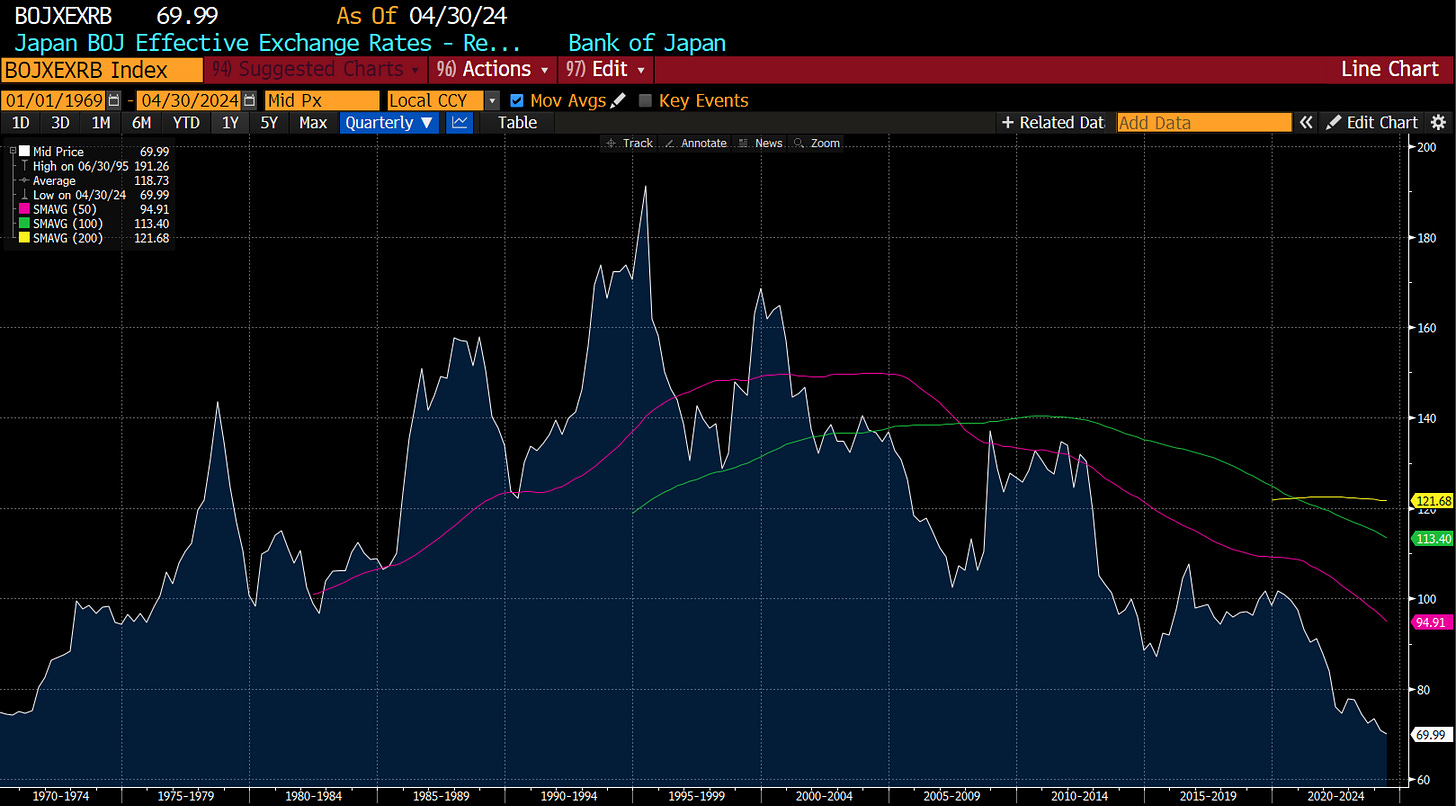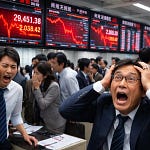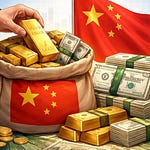I spent the last week in Japan hiking the Kumano Kodo. It was great - but I will do a separate post on this. On almost every currency measure you can find, Japanese yen comes up cheap. This long dated BOJ measure has the Yen back at levels pre 1985 Plaza accord, which saw the Yen skyrocket in value. The temptation to be long Yen in strong, but since 2020, when the Yen also looked cheap, it has been wrong.
I have discussed earlier in a world of rising tariffs and industrial policy, the Yen might not be the same currency it was. One big example of this is that Mexico does better than Japan or China under current trade set up with the US, and Mexican peso has massively outperformed Yen. In other words, politics matter, and Japan is not a political winner it was in the 1970s to 2000s anymore. The Yen has given up two decades of gains versus the Peso.
I am a big believer in 現地現物 (Genchi Genbutsu) which basically means go look for yourself. In some way, Japan is unbelievable cheap. So three coffees and a donut from my favourite chain, Mister Donut, was less than 1000 yen (£5) - whereas some places ask for £5 for a coffee in London.
Walking into a convenience store, I was shocked to see a bottle of Jim Beam available for 1500 Yen - £7.50 and Jack Daniels for 2400 Yen - £12. So getting drunk and then dealing with the hangover, is cheap in Japan!
I stayed in various hotels and hostels of wildly varying quality, ranging in price from £30 to £120 a night, so again pretty cheap. But, and you knew there was a but coming, lets take a nominally cheap meal - some Ramen in Osaka at a place called Kamakura. This cost 1140 Yen - bit less than £6 and was fantastic, so compares very favourable to bad Ramen from Wagamama costing lets say £15.
The problem is that this type of Ramen used to cost 500 to 800 yen, not that long ago. That is prices have risen in Yen terms. Whenever I did not think about the price in pound terms, but thought about it in terms of what it used to cost, I would think that it was quite expensive. Of course if salaries have gone up, then no problem, but I found little evidence of that. Walking abound Namba in Osaka where I used to be a barman at nights, I saw this job advert, hiring people at 1100 yen an hour. What is striking is when I was a barman, I was paid 1000 yen an hour, and that was 30 years ago.
The really tempting thing to say is that BOJ has impoverished Japanese workers for the benefit of tourists, and has had no meaningful benefit to Japanese citizens. But that would probably be a lie. I was out late on a Monday night in Osaka, something I did lot of back in the 1990s, and I have never seen Namba busier at 2AM - and not just tourists, but locals were out in force, particularly young Japanese. Namba is the home of the Glico man - and very popular on TikTok.
Japan seems to have a growth model of some sorts now. Its hard to see tourism numbers dropping.
And with Japanese prices rising to catch up with foreign prices, inflation seems to be entrenched, and likely to accelerate as wages are lagging far behind. In this “new growth model” yen appreciation seems more unlikely, and inflation more likely. Long yen seems like the new widowmaker trade, and the old widowmaker trade of short JGBs seems like a winner to me.
Agreeing exactly with what markets are trying to tell you tends to be a winning trade in my book. So is Japan cheap? For tourists yes, but for locals no - but rather than implying yen strength, I think it implies rising inflation. Short JGBs looks the trade.




















